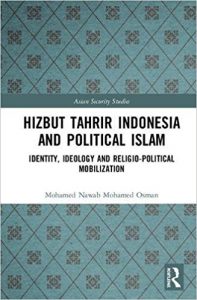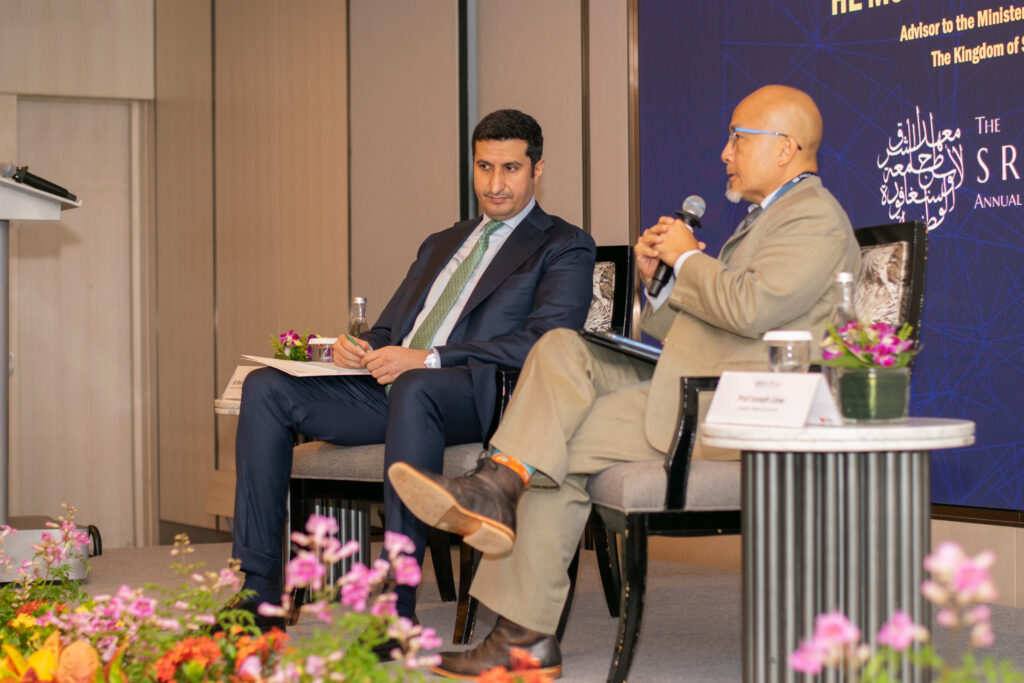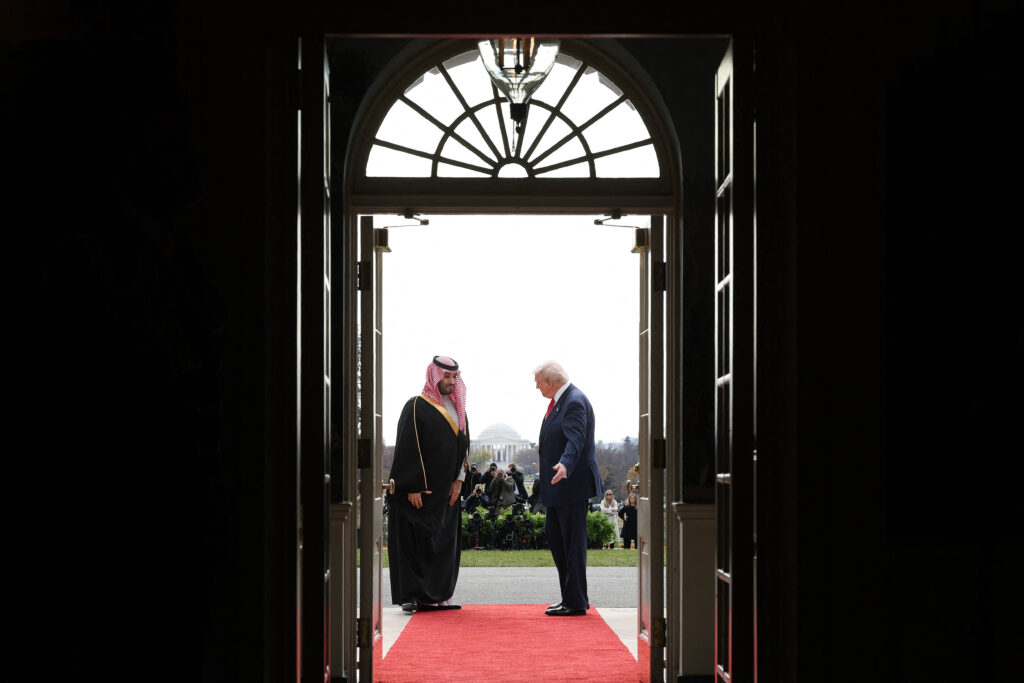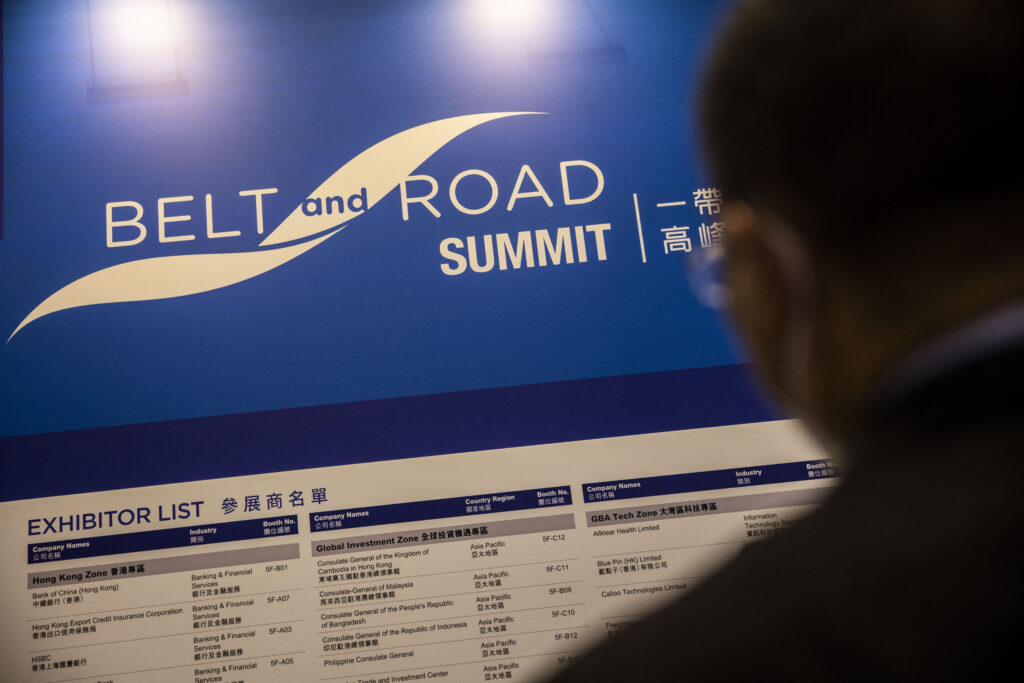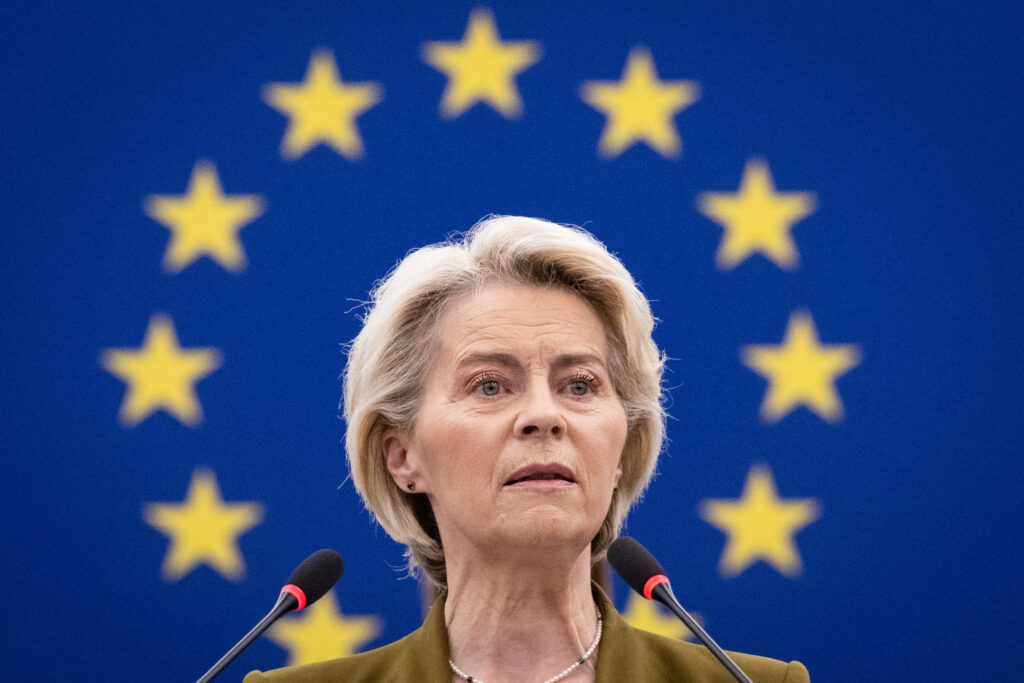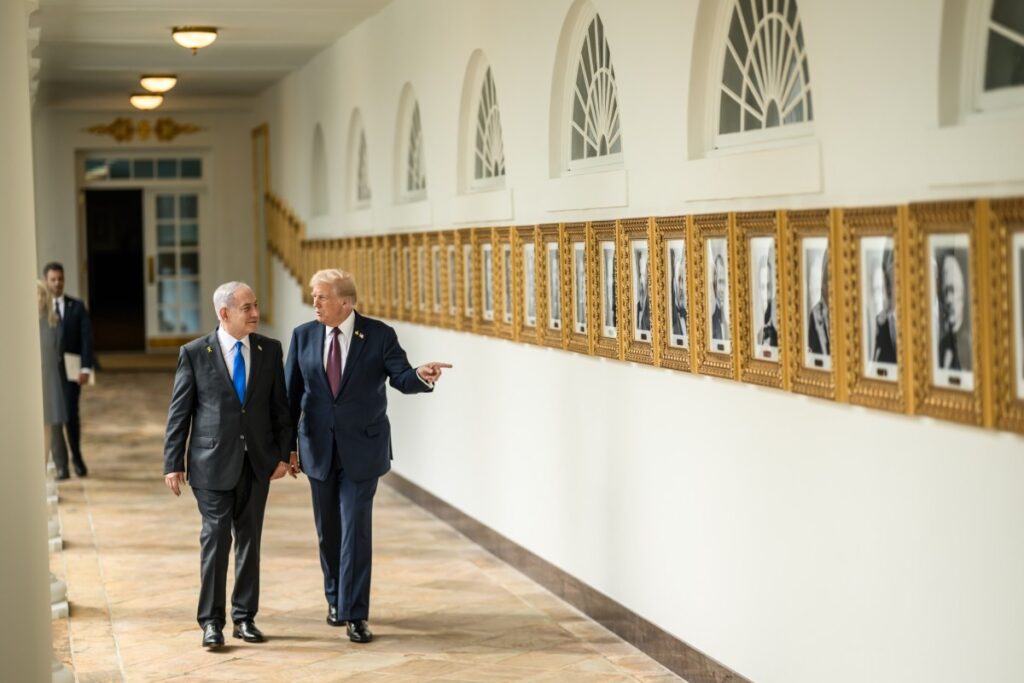Last week, Mohamed Nawab Osman from the S.Rajaratnam School of International Studies came to MEI to discuss the Hizb-ut-Tahrir(HT) movement. Here is a summary of the talk.
Hizb-ut-Tahrir and the Quest for the Illusive Caliphate
- -
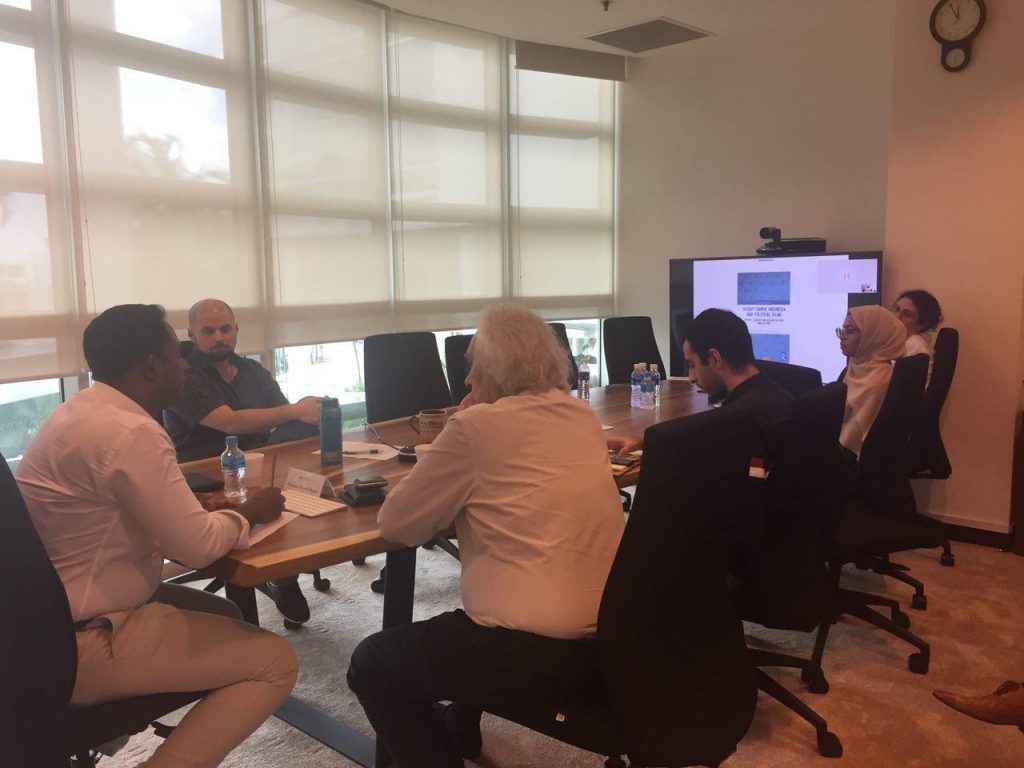
On the 10th of May, Mohamed Nawab Osman from the S.Rajaratnam School of International Studies came to MEI to discuss the Hizb-ut-Tahrir(HT) movement. The movement was set up by Taqi al-Din Al-Nabhani, and was born out of the Arab-Israeli conflict. What started as an Arab nationalist movement later developed into a transnational movement. Its main goal is to seek the revival of a caliphate. The organization has chapters in about 58 countries in the world. Despite various attempts to re-establish the Caliphate in Iraq, Egypt, Jordan and more recently in Pakistan and Bangladesh, the group’s quest for the re-establishment has remained elusive.
Taking the case study of HT in Indonesia, Dr Nawab argues that the failure of the Caliphate experience in Syria and Iraq, the banning of the movement in Indonesia and the rise of other Islamist actors in the country have forced the movement to localize its message and objective. Dr Nawab breaks down and compared HT’s past and present framing strategies.
In the past, HT framed their movement with three key tenets
- Capitalism results in impoverishment and moral decay
- There are western conspiracies seeking to destroy Islam
- Islam as a complete way of life; A caliphate would solve all the problems of the Muslim world
With the rise of ISIS, HT adopted a new master frame to ensure that they remain relevant. They now argue that ISIS is not the “right” caliphate, because the methods that they used to establish the caliphate isn’t correct. They have also identified ISIS as a western conspiracy that is aimed at destroying Islam. Most significantly, they no longer call for the establishment of a caliphate in Indonesia, but an Indonesia that adheres to and implements Sharia law. The significance of this shift is accentuated by the fact that HT used to find the idea of the state problematic.
During the Q&A session, participants asked about HT’s rejection of capitalism, and if HT has any economic theory of its own to replace the current economic system that they hope to abolish. Dr Nawab responded that HT has not proposed any economic theory of its own, other than asking for the abolishment of interest rates, which does not make them different from other Islamist groups. A participant also asked about HT’s relationship with Salafism. Dr Nawab responded that HT does not care about where the other party stand doctrinally, as long as they are interested in the establishment of a caliphate. Conversely, Salafis consider HT a deviant organisation. However, reformist Salafis in Indonesia would probably still come together for a common cause.
If you are interested in this topic, you can check out Dr Nawab’s latest book – Hizbut Tahrir Indonesia: Identity, Ideology and Religio-Political Mobilisation (Oxford: Routledge, 2018).
